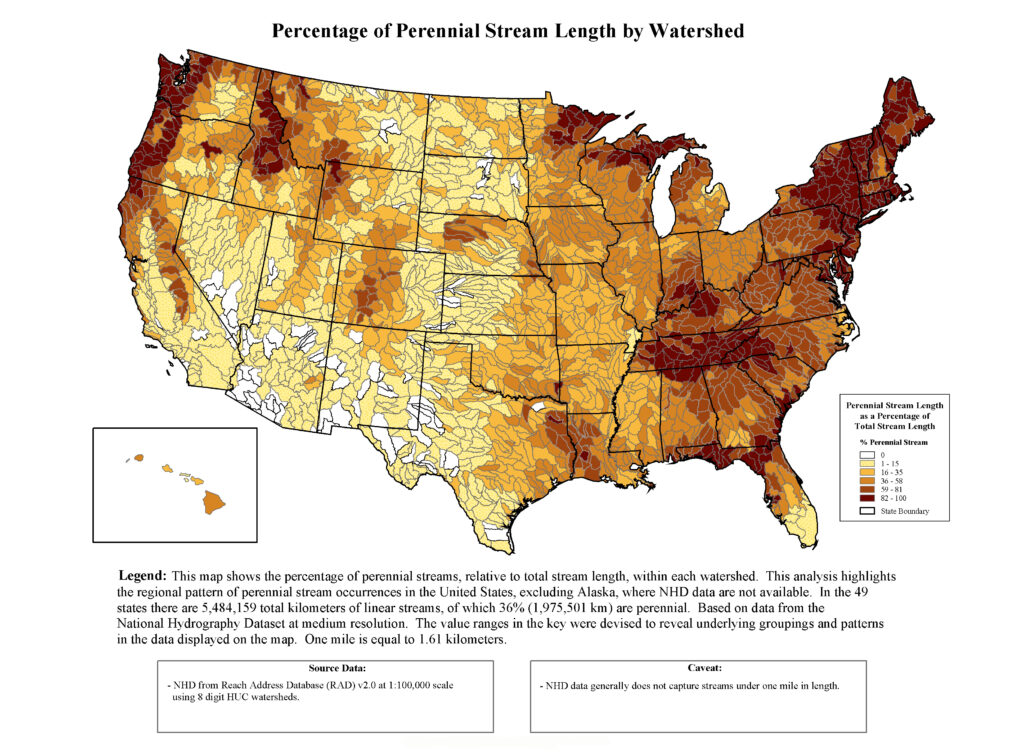A bipartisan effort to block the controversial Waters of the United States (WOTUS) rule, which was put into place by the Environmental Protection Agency (EPA) and the U.S. Army Corps of Engineers (ACE), failed on January 20, when President Barack Obama vetoed a congressional resolution of disapproval of WOTUS.
The WOTUS rule expands federal jurisdiction over ephemeral bodies of water on millions of acres of private land.
Under the 1996 Congressional Review Act, Congress can overturn an agency’s rule if a joint resolution of disapproval is passed by both chambers and signed by the president. The WOTUS resolution of disapproval, Senate Resolution 22, passed in the U.S. Senate on November 4, 2015, and was approved by the U.S. House on January 6.
Votes for the resolution fell short of the two-thirds majority necessary to override a presidential veto.
“We must protect the waters that are vital to the health of our communities and the success of our businesses, agriculture, and energy development,” Obama said in a statement upon vetoing the bill. “Because this resolution seeks to block the progress represented by this rule and deny the businesses and communities the regulatory certainty and clarity needed to invest in projects that rely on clean water, I cannot support it.”
Dispute Over Jurisdiction
Previous efforts by EPA to expand its jurisdiction under the 1972 Clean Water Act (CWA) over non-navigable waterways were rejected by the Supreme Court in 2001 and in 2006, but the murky language of those decisions left the agency’s regulatory authority over wetlands ambiguous.
After Congress refused to expand EPA’s regulatory authority over temporary or isolated wetlands, EPA announced it would “clarify” the uncertainties by writing a new rule. WOTUS is the result.
WOTUS removes the word “navigable” from the phrase “navigable waters of the United States” in the CWA, thereby expanding the jurisdiction of EPA and ACE over bodies of water on private land, including stock ponds, drainage ditches, prairie potholes, and other bodies of water that may be only intermittently wet.
‘Unconstitutional Power Grab’
Rep. Kevin Crammer (R-ND), who led efforts in the House to pass the resolution of disapproval, issued a statement saying WOTUS is “an unconstitutional power grab by the federal government which threatens the livelihood of producers and businesses across North Dakota.”
Crammer added the rule “undermines the role of the states as partners and co-regulators of the nation’s waters.”
“WOTUS is the biggest power grab in the history of the EPA,” said Craig Rucker, executive director of the Committee for a Constructive Tomorrow. “EPA has effectively rewritten the Clean Water Act to suit its purposes, ignoring two Supreme Court decisions and the will of Congress. This is lawlessness plain and simple.”
“It is Mr. Obama’s plan in his lame-duck year to seize control of every portion of American life,” said Jay Lehr, science director at The Heartland Institute, which publishes Environment & Climate News. “Control of every drop of water falling on the United States is a clever way of advancing that plan.”
With congressional efforts to overturn WOTUS stymied for the duration of Obama’s presidency, action shifts to the nation’s courts, where, on October 9, 2015, the U.S. Court of Appeals for the Sixth Court issued a nationwide stay on the rule, blocking EPA and the Corps from implementing WOTUS until the case is heard.
Bonner R. Cohen, Ph.D. ([email protected]) is a senior fellow at the National Center for Public Policy Research.





